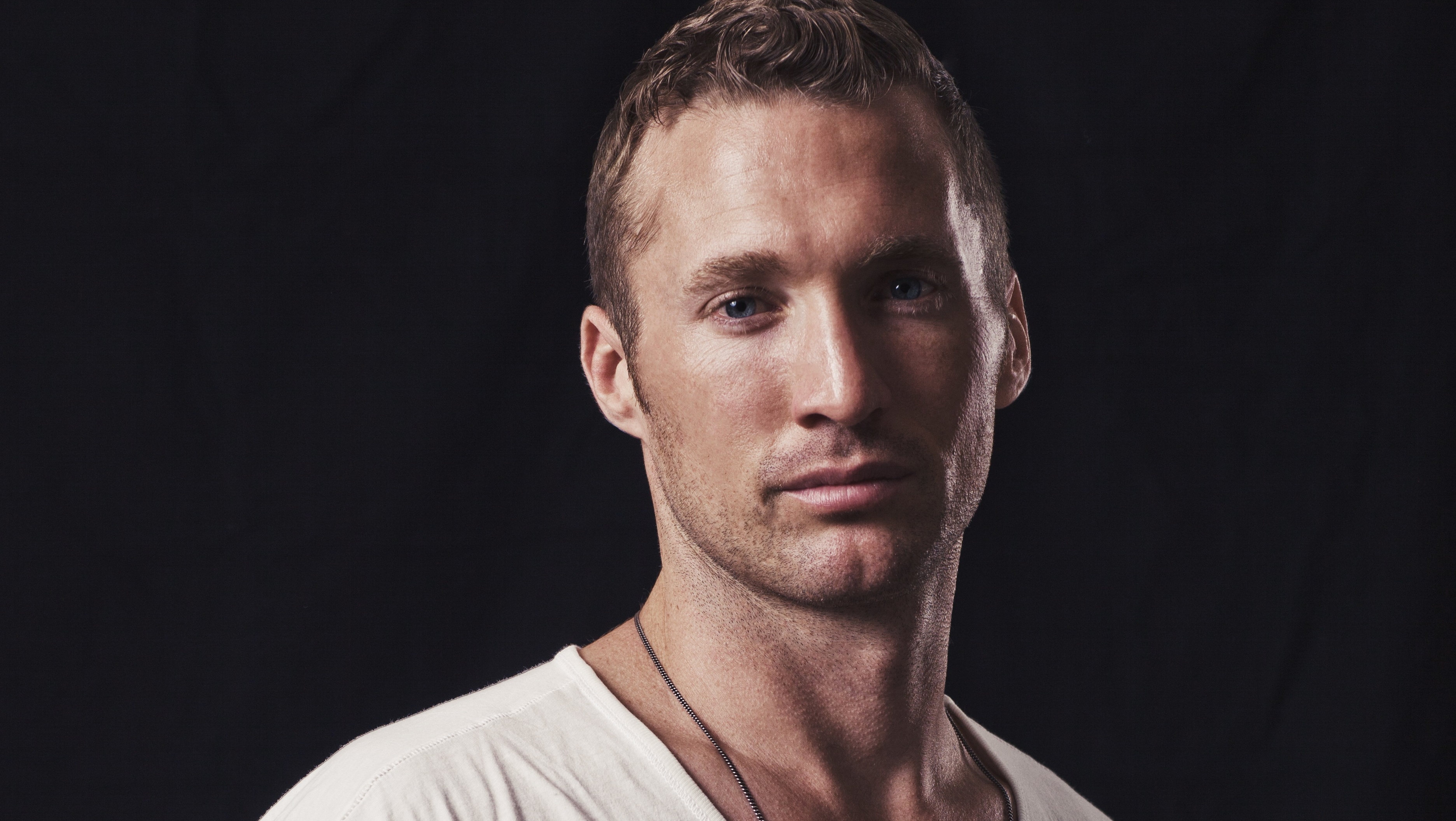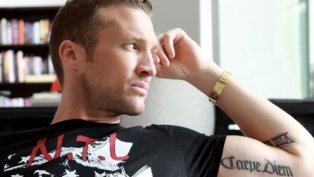From Gang Member To Multimillionaire Entrepreneur

"Long before I became a millionaire entrepreneur, I was a kid with a criminal record, street gang experience, and a lot of emotional scarring from years of abuse from my father. My teenage years were hardly the typical starting point for a normal, productive life, let alone a successful business career. Turns out, that didn't matter", writes the Gang Member-Turned-Millionaire Entrepreneur Ryan Blair.
 Like many entrepreneurs, he had no formal business education. But he had great survival instincts, tenacity, and, above all, a "nothing to lose" mind-set. His middle-class childhood came to an abrupt end when his abusive father succumbed to drug addiction and abandoned the family. Blair and his mother moved to a bad neighborhood, and soon he was in and out of juvenile detention, joining a gang just to survive. He was 16 years old the last time he was arrested and facing a four-year jail sentence. Then his mother fell in love with a successful entrepreneur who took Ryan under his wing. With his mentor's help, Blair turned himself into a wildly successful businessman. He started his first company, 24/7 Tech, at the age of twenty-one, and since then has created and sold several companies for hundreds of millions of dollars. As the CEO of ViSalus, he took the company from start-up to more than $1.6 biillion in cumulative sales, and was named Ernst & Young's 2012 Entrepreneur of the Year. His first book, Nothing to Lose, Everything to Gain, was a number one New York Times bestseller.
I talked to him about his path to success.
Like many entrepreneurs, he had no formal business education. But he had great survival instincts, tenacity, and, above all, a "nothing to lose" mind-set. His middle-class childhood came to an abrupt end when his abusive father succumbed to drug addiction and abandoned the family. Blair and his mother moved to a bad neighborhood, and soon he was in and out of juvenile detention, joining a gang just to survive. He was 16 years old the last time he was arrested and facing a four-year jail sentence. Then his mother fell in love with a successful entrepreneur who took Ryan under his wing. With his mentor's help, Blair turned himself into a wildly successful businessman. He started his first company, 24/7 Tech, at the age of twenty-one, and since then has created and sold several companies for hundreds of millions of dollars. As the CEO of ViSalus, he took the company from start-up to more than $1.6 biillion in cumulative sales, and was named Ernst & Young's 2012 Entrepreneur of the Year. His first book, Nothing to Lose, Everything to Gain, was a number one New York Times bestseller.
I talked to him about his path to success. There is a Bulgarian proverb that says, “Money goes to money.” This means that the rich get richer and the poor get poorer. Many Bulgarians believe in that. What is your opinion? How can we break this vicious cycle?
There are negative and positive beliefs when it comes to money; the ‘money goes to money’ proverb is a negative belief. In America, we also have a similar saying ‘it takes money to make money.’ This is also a negative belief that does not serve people trying to transition out of poverty. When I was growing up I had a mentor who taught me about positive belief systems regarding money. He would correct me when I would say, “it takes money to make money.” He would tell me it takes traits such ambition, creativity, work ethic and intelligence to make money. And then he would ask me which traits I could embody and help me to do so.
There are many people that have nothing to lose, but they haven’t achieved your success. What else do they need?
Having nothing to lose is a mindset that serves you if you combine it with ambition and a desire to learn. Combine those three and you can do great things.
There are many great companies founded during tough times. You mention some of them in your book. How could a crisis be turned into opportunity?
It is easy to be successful when times are going well; it is much harder to be successful when times are tough. Difficult times require you to be innovative. In the case of Visalus, we were going through a difficult period prior to the 2008 crash. When the economy was booming and people had plenty of cash to burn they were not as open to our business. Then the financial crisis hit which forced us to remodel to meet the needs of the new consumer who was looking for ways to save more and spend less. We became an attractive value proposition and were able to thrive during the recession because we adapted to the needs of our consumer while our competition did not.
How can you achieve and maintain success?
Your work ethic will propel you to success. You have to put in a significant amount of hours to truly master your craft. Most people do not devote the hours necessary to become a success. Maintaining success is a whole other story. In order to do that you have to make smart decisions, evaluate risk, surround yourself with great people and never stand still, because in the business world success can be ripped away from you quickly, especially by someone with nothing to lose.
You know failure first hand. How can you turn a failure into a success?
The way you turn a failure around is in your perspective. Failure as a learning opportunity, if you figure out the mistakes you made and never repeat them you will be better for it. And if you’re better for it, that’s not a failure, that’s a success.
What is the most valuable lesson you have learned from the gang life?
The most valuable lesson I learned from gang life is survival. When you have lived in fear of life, or death, you realize survival in the business world is not nearly as hard.

Yes, a gang is simply an illegal form of entrepreneurship. Obvious parallels exist between both legal and illegal entrepreneurship. The recruitment of talent, compensation systems, and a variety of other elements. However, I would not recommend gang life as a training platform for aspiring entrepreneurs. I recommend turning the pages of a book vs. turning to the streets to learn the subject.
Do you think you could have turned your life around without the help of your wealthy stepfather? The answer is yes, but I cannot be certain I would have come this far without what he taught me. I am eternally grateful to my stepfather and the guidance he gave me which is why I decided to make my life about mentoring others as he did to me. I find myself applying his lessons in my real-estate business almost daily.
In your book you mention that you’ve had dreams (visions) that have come true. Why is it important to listen to our inner voice?
There is so much external noise in our society that if you do not learn to focus, learn to drown out the negativity, learn to trust your instincts, and follow your gut, you may end up living a life you did not design. One designed by someone else.
Now that you’re a multi-millionaire CEO you have a lot to lose. What are you afraid of losing?
I do not spend time living in fear. I am however constantly evaluating my businesses, my finances, and making difficult decisions. I ask myself if I am still operating from the nothing to lose mindset. Or will I lose to a competitor who does.
What is the most important lesson you want to teach your son?
That he can do anything he puts his mind to.
In your book you criticize some of the current motivational speakers. You’re defined by many as a motivational speaker too. What’s the difference in your approach?
The differences between myself and other speakers are the results.







0 коментара